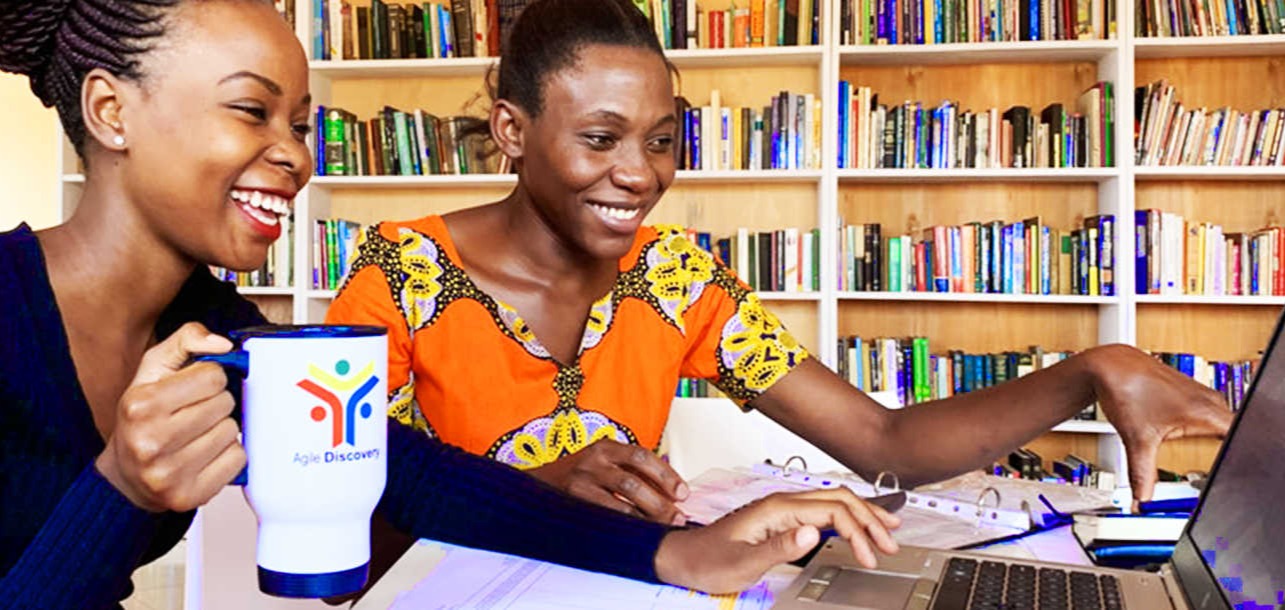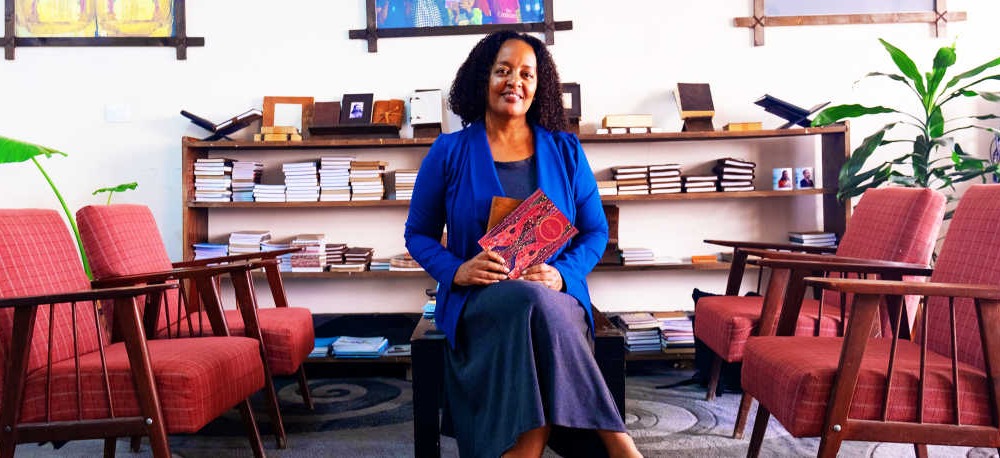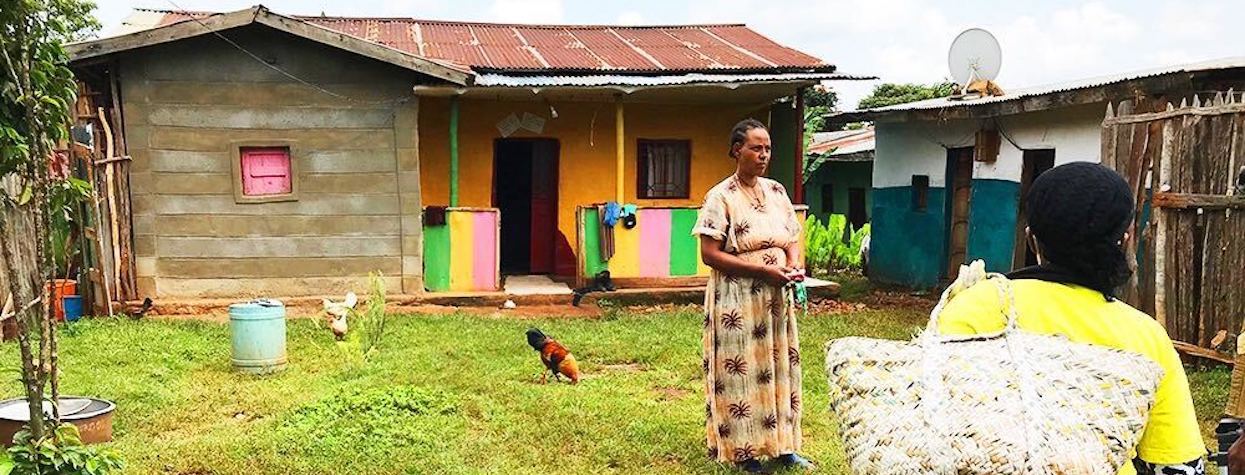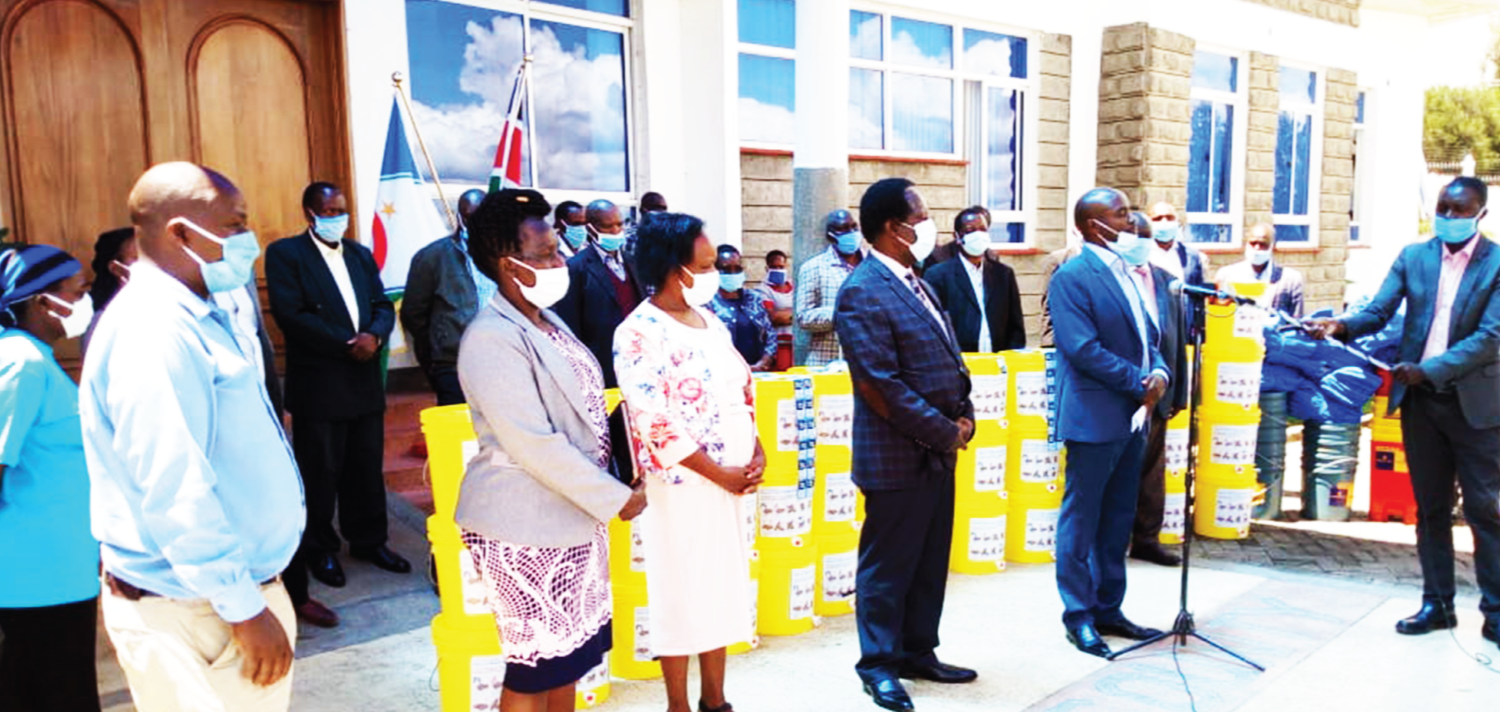Driving meaningful, long-term change is never the job of just one person, or one moment. Change requires patience, resilience, grit, and most importantly, partnership. In January, we joined forces with IKEA Social Entrepreneurship to support social enterprises in scaling their impact in a year that has tested entrepreneurs to rethink, redesign, and reimagine how they can best serve their community’s needs. Acumen and IKEA Social Entrepreneurship is pleased to award Jony Girma of Green Face Trading in Addis Ababa, Ethiopia and Kevine Kagirimpundu of UZURI K&Y in Kigali, Rwanda with $25,000 grants to further support their business growth.
Alive and Kicking Kenya
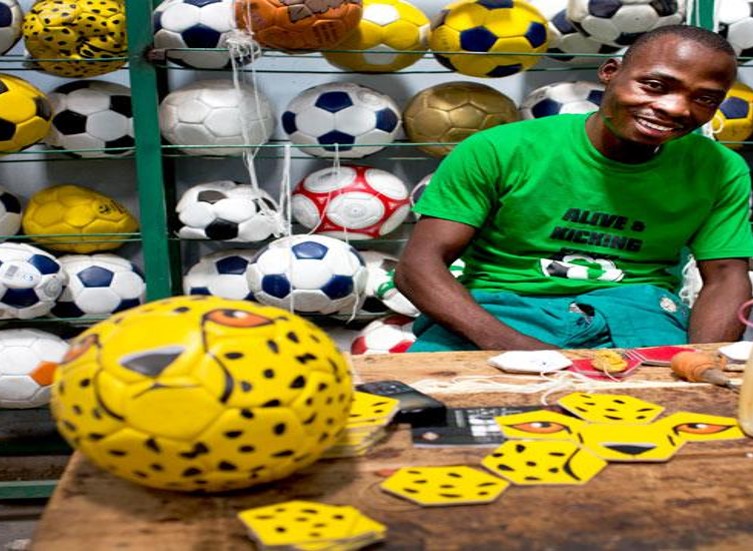
Aqua Clara Kenya
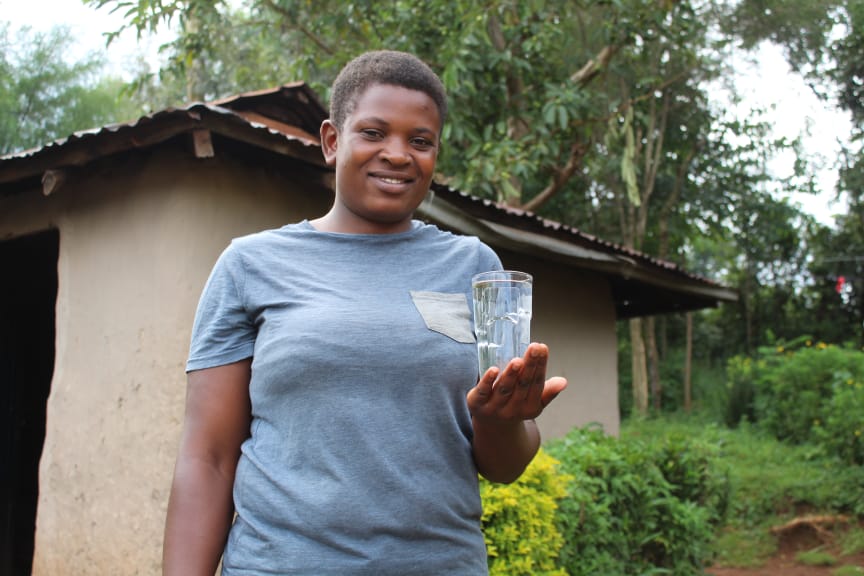
Over the last 10 years, Aqua Clara Kenya has provided access to safe drinking water to more than 300,000 people and generated income opportunities for 100 others.
“Today, we have a better understanding of our business, especially what we need to do in order to scale. We also have more confidence to do experiments and have been able to test our key assumptions.” John Nyagwencha, CEO
Asante Mama Natural Products
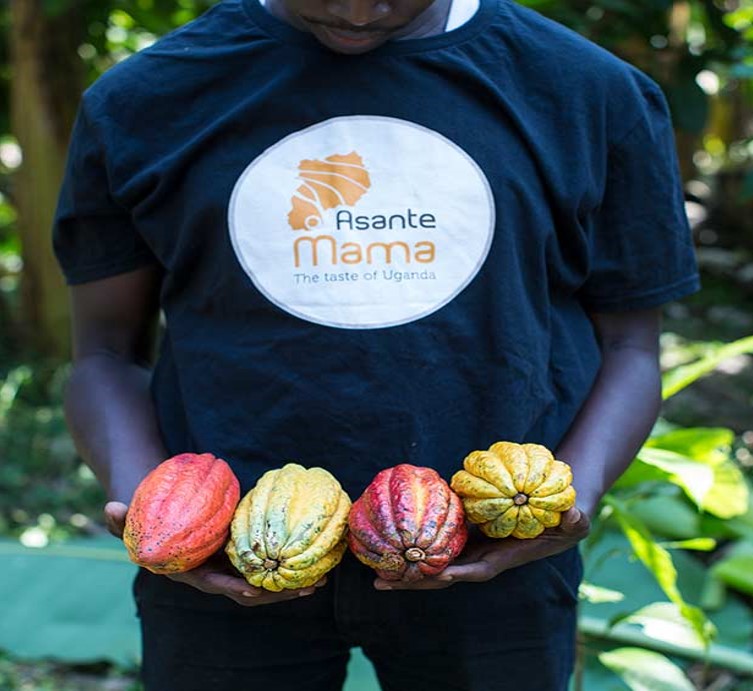
BeMistre Home Accessories
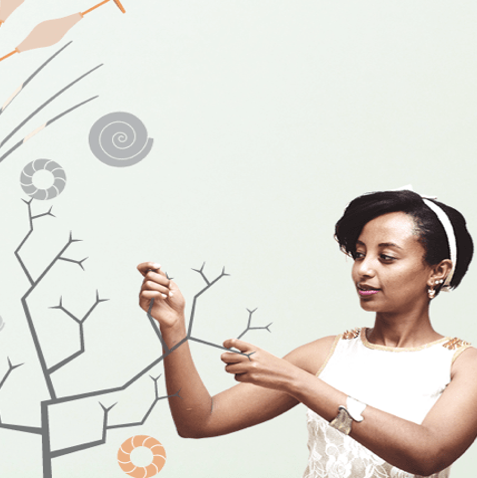
Enat Weaving Works
Enlight Institute
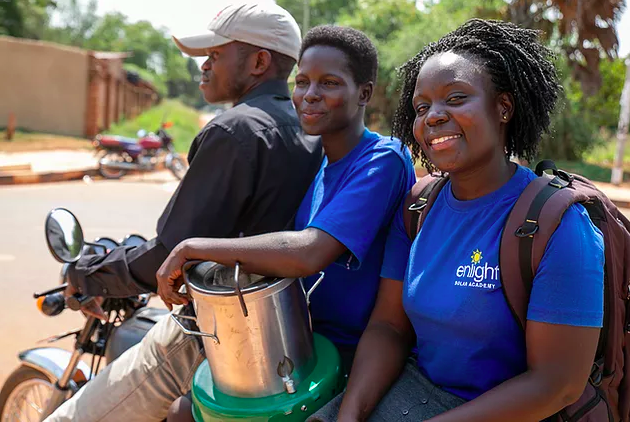
ENZI
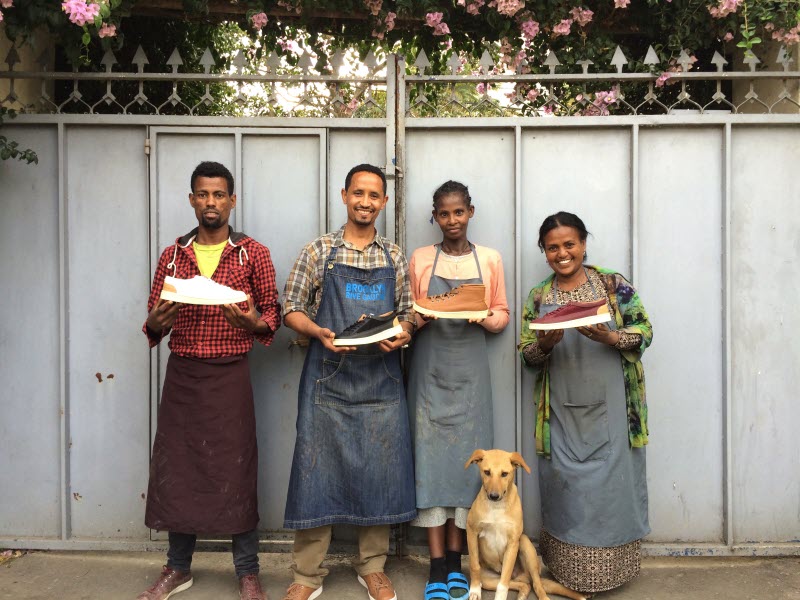
Felek Notebooks
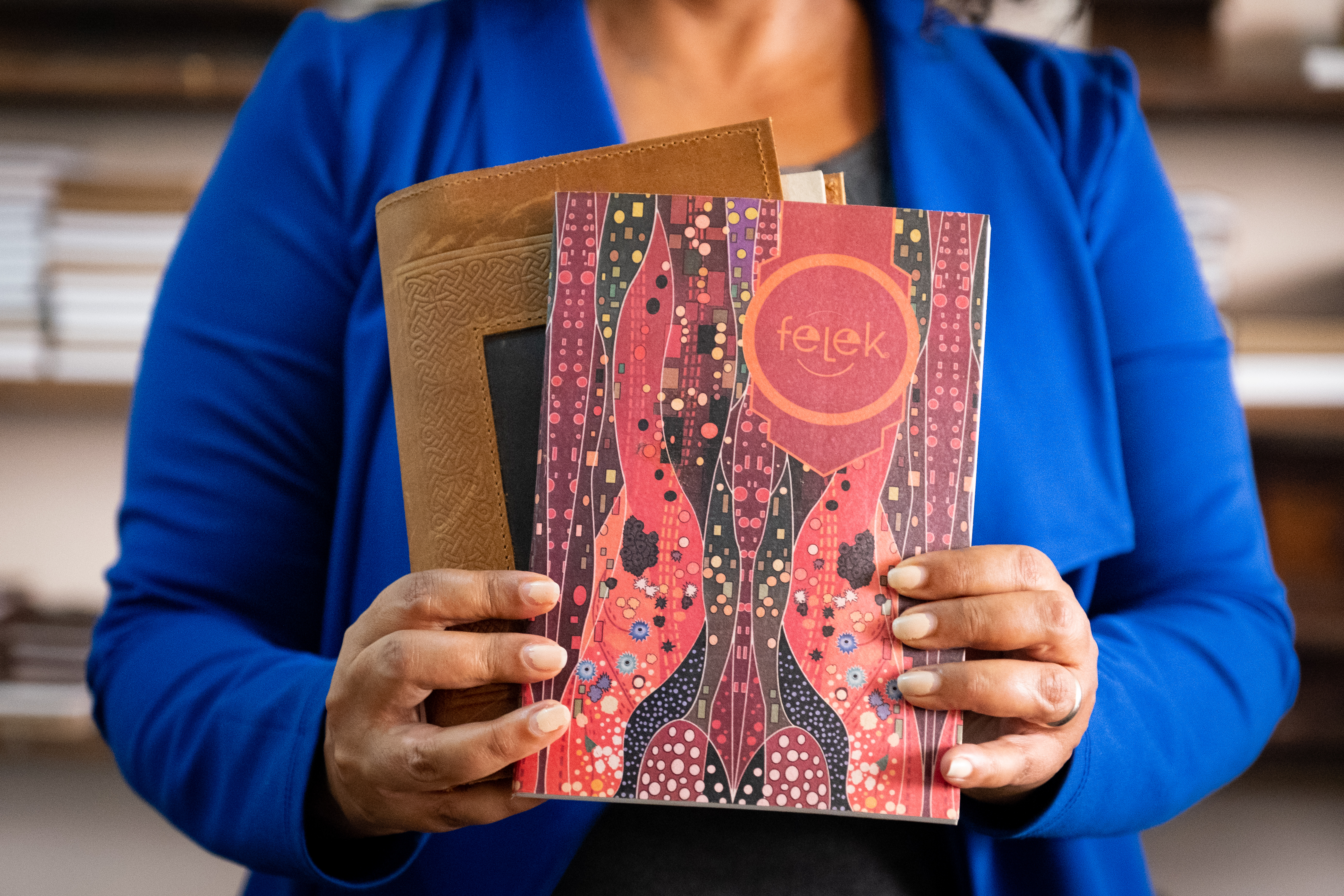
Green Face Trading - Grant Awardee
Imani Collective
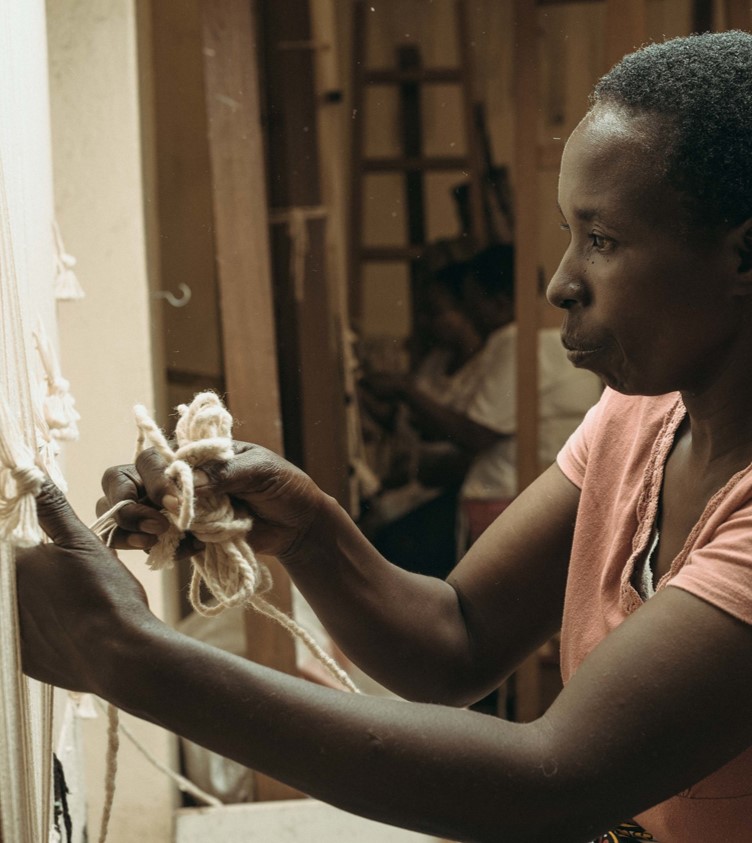
Kidame Mart

Nuru Social Enterprises Ltd
RefuSHE Artisan Collective

Resonate
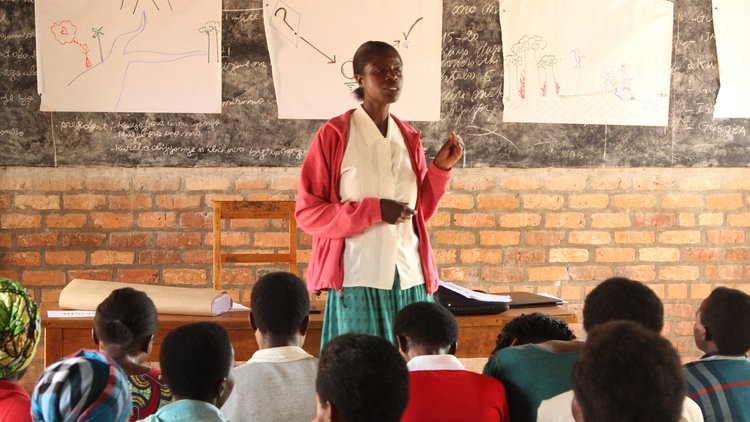
Tibeb Leather Works
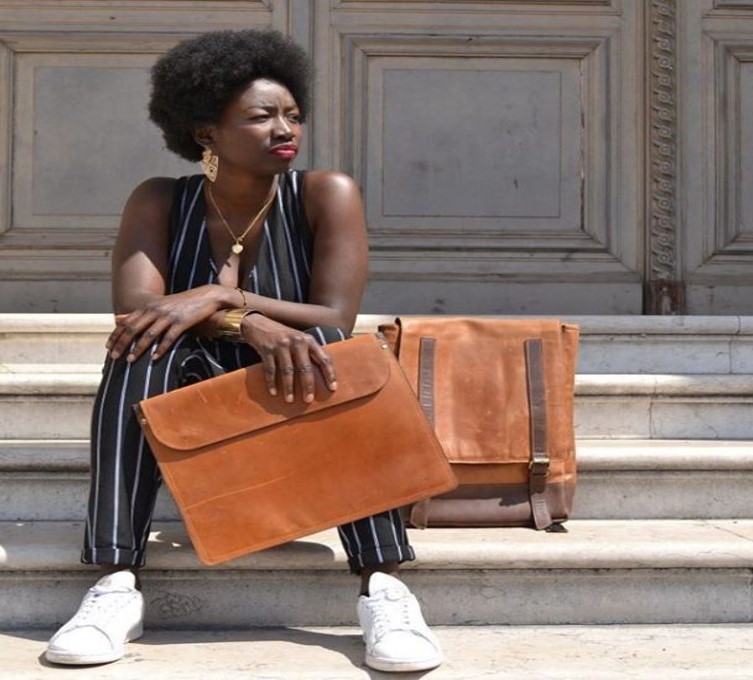
TruLuv Granola

Upcycle Africa
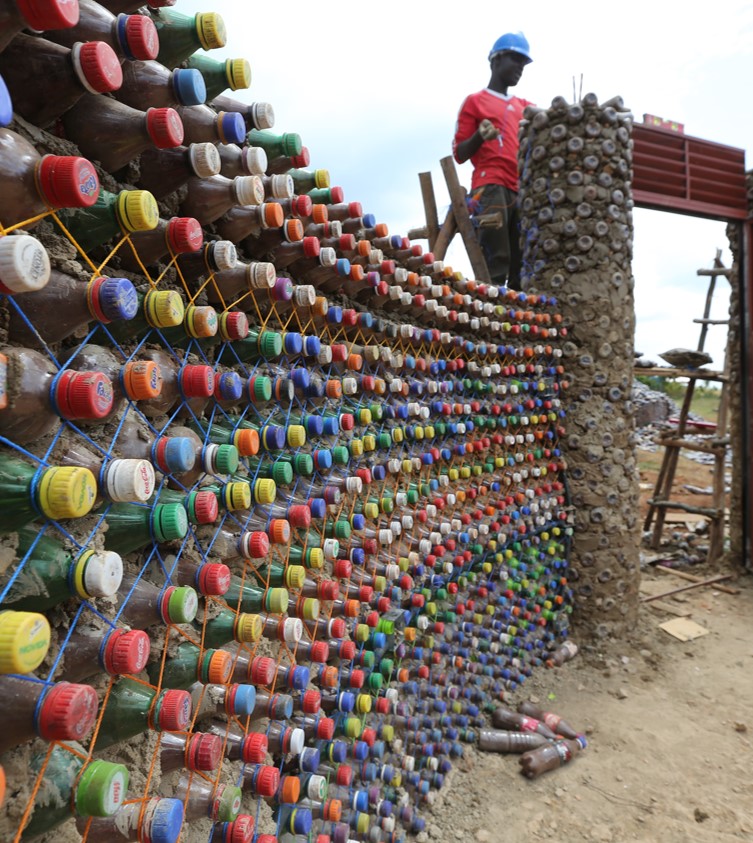
The waste recovery system ensures clean and safe environments but also increases the awareness of the people on the harmful effects of disposal of plastic waste.
“We have changed many things in our business model compared to before when we started the program. The accelerator’s weekly assignments are the greatest contribution towards our project because attending to them has given us a lot of learnings.” Tryphine Kemigisha, Co-Founder
UZURI K&Y Designs - Grant Awardee
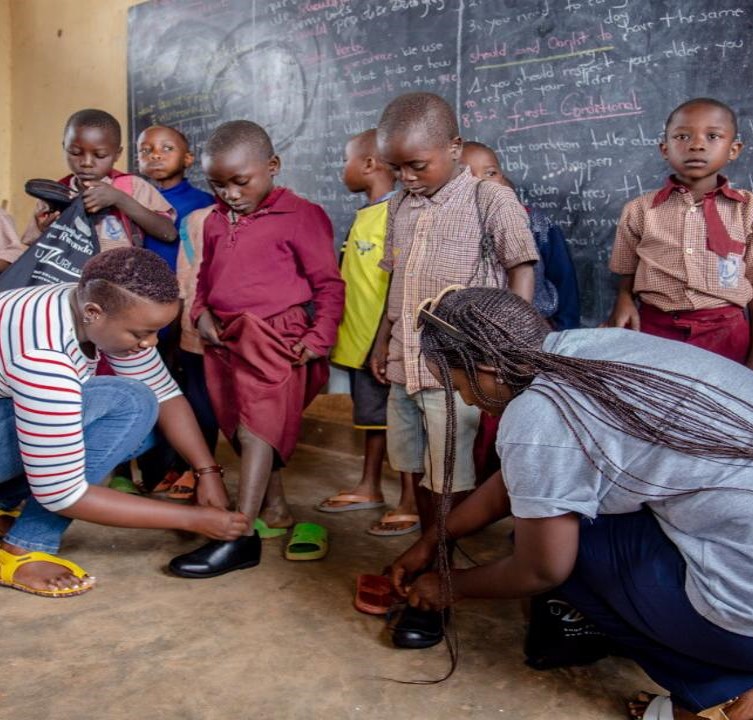
They equip women and youth with the skills needed to turn rubber tires into fashionable footwear.
“We are now more open-minded to scaling our business. Scaling a business must be planned and we had no idea how to do so before we joined the accelerator!” Kevine Kagirimpundu, CEO
